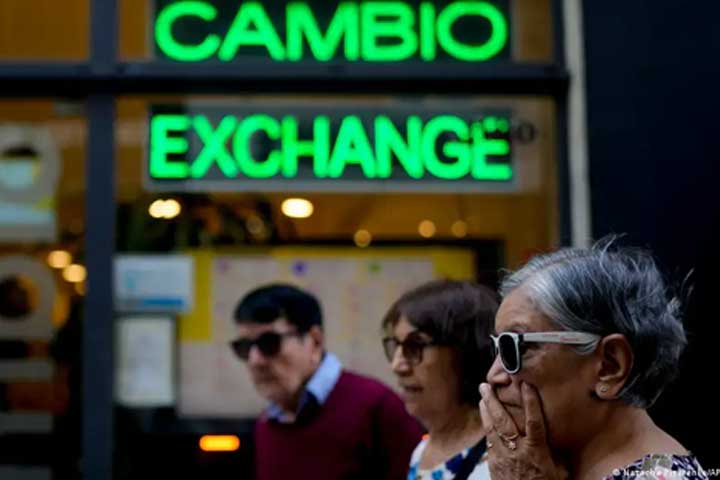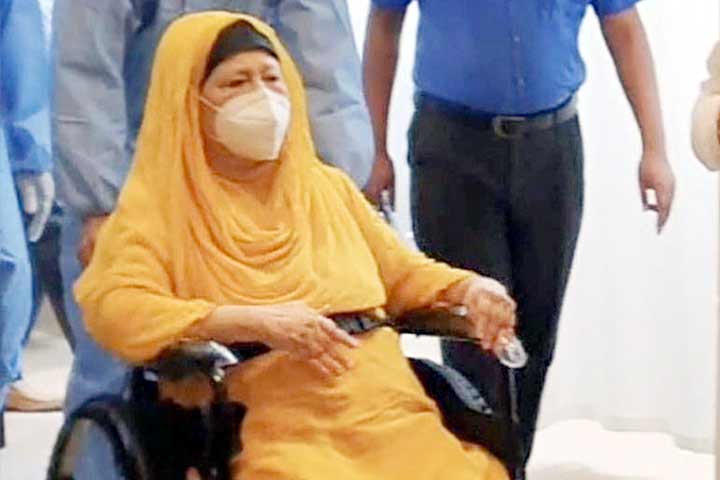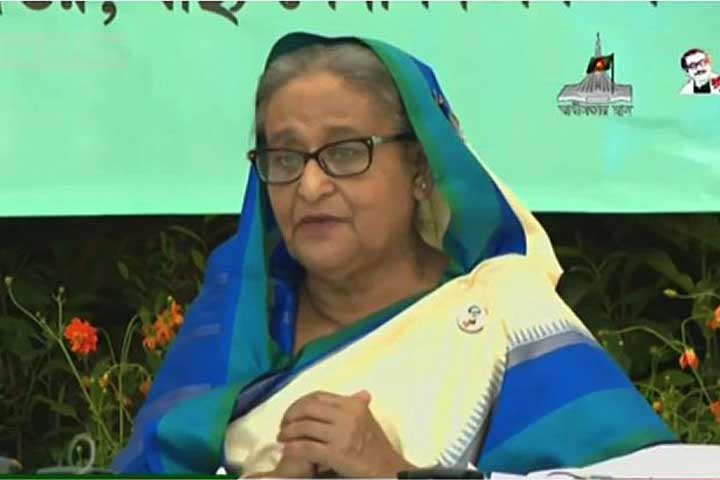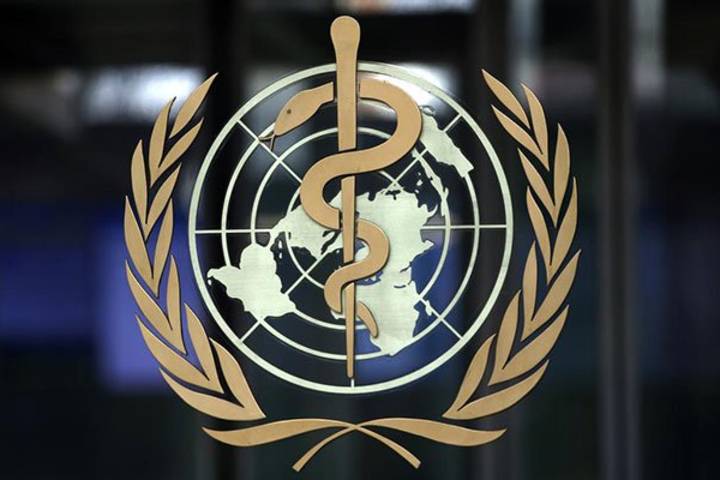Uneven U.S. treatment of Bangladesh and Pakistan makes little sense
How does one explain the fact that the administration of U.S. President Joe Biden has made Bangladesh a focus of its democracy promotion efforts by dangling the threat of visa sanctions against officials who undermine free elections while staying silent on the undeclared martial law situation in Pakistan, where mass arrests, disappearances and torture have become political weapons?
The short answer is that U.S. promotion of democratic rights has long been selective, with geopolitical considerations often dominant. The pursuit of moral legitimacy for the cause of democracy promotion has also contributed to making sanctions the tool of choice for U.S. policymakers.
In the case of Bangladesh, the Biden administration is seeking to leverage two other factors: that close relatives of many Bangladeshi politicians live in the U.S. or Britain, including Prime Minister Sheikh Hasina's son who holds an American green card; and that the bulk of Bangladesh's exports go to the West, with the U.S. the top destination.
Few can object to what Secretary of State Antony Blinken says is the U.S. goal: that Bangladesh's next election in early 2024 is free and fair. However, his threat to withhold visas from individuals "responsible for, or complicit in, undermining the democratic election process" is hardly conducive to the promotion of this aim. If anything, it is likely to prove counterproductive.
Hasina, daughter of the country's independence leader and first head of state, contends that the U.S. is pursuing a strategy of regime change in her country. "They are trying to eliminate democracy and introduce a government that will not have a democratic existence," she told parliament in April. "It will be an undemocratic action."
Leading a secular government since 2009 that Bangladesh's Islamists detest, Hasina has given the country political stability and rapid economic growth, although the global economic fallout from the Ukraine war is now weighing on the country's finances.
Bangladesh's impressive growth trajectory stands in stark contrast to the chronic political and economic turmoil seen in Pakistan, which today is teetering on the brink of default. Yet while Bangladesh was excluded from the Summits for Democracy convened in 2021 and earlier this year by Biden, Pakistan was invited both times though it did not attend either.
While continuing to reward Pakistan by prioritizing short-term geopolitical considerations, the Biden administration has been criticizing democratic backsliding in Bangladesh. In 2021, it designated Bangladesh's elite Rapid Action Battalion and six of its current and former leaders as complicit in, or engaged in, serious human rights abuses in relation to the country's war on drugs, effectively freezing all their assets in the U.S.
In December, Peter Haas, the U.S. ambassador to Bangladesh, insolently demanded that the authorities investigate a deadly clash between police and members of the Bangladesh Nationalist Party, which is the country's largest opposition party and has allied itself with radical Islamist parties. More recently, Blinken told Bangladeshi Foreign Minister Abdul Momen of his "concerns about violence against, and intimidation of, the media and civil society," according to a State Department statement.
Blinken's wielding of the visa-sanctions stick is clearly aimed at members of Hasina's government, including law enforcement and other security officials, although the announcement of the new policy also mentioned members of opposition parties.
But sanctioning foreign officials usually serves no more than a symbolic purpose while hampering diplomacy. It can also have unintended consequences.
Earlier this month, Beijing rebuffed Washington's request for a meeting in Singapore between U.S. Defense Secretary Lloyd Austin and Gen. Li Shangfu, his Chinese counterpart. Beijing cited Li's presence on a U.S. sanctions list to which he was added five years before his appointment in March as defense minister.
It could even be argued that U.S. sanctions against Min Aung Hlaing, the commander-in-chief of the Myanmar military, alongside three other senior commanders, contributed to the coup that ousted the country's civilian government in 2021, as the generals may have felt they had little to lose personally by going ahead. Added sanctions since then have only exacerbated Myanmar's internal situation and driven the country closer to China.
From Myanmar and Iran to Belarus and Cuba, U.S. sanctions have failed to bring about political change. The relative decline of American influence and the ongoing shift in global power from the West to the East are making U.S.-led sanctions less and less effective. However, with the West still controlling the global financial architecture and the dollar remaining the world's primary reserve currency, sanctions are still an attractive option for American policymakers.
The new hard line toward Dhaka makes little sense. The Hasina government could be a significant partner in the U.S. war on terror and in improving Asian security. Instead, bilateral relations are under strain. No one from the Biden administration even met with Hasina when she visited Washington last month for discussions with the World Bank and International Monetary Fund.
While in Singapore this month, Austin declared that America "will not flinch in the face of bullying or coercion" from China. But bullying and coercion are also unlikely to advance U.S. interests in Bangladesh.
In fact, bullying the world's seventh-most populous country, far from helping to promote a free and fair election, is more likely to revive painful memories of how the U.S. looked the other way in 1971 as the Pakistani military brutally resisted Bangladesh's efforts to achieve independence from Islamabad, slaughtering up to 3 million people. What is Washington really after now?
Source: asia.nikkei.com
15 Jun 2023,21:20
















 Live Tv
Live Tv









